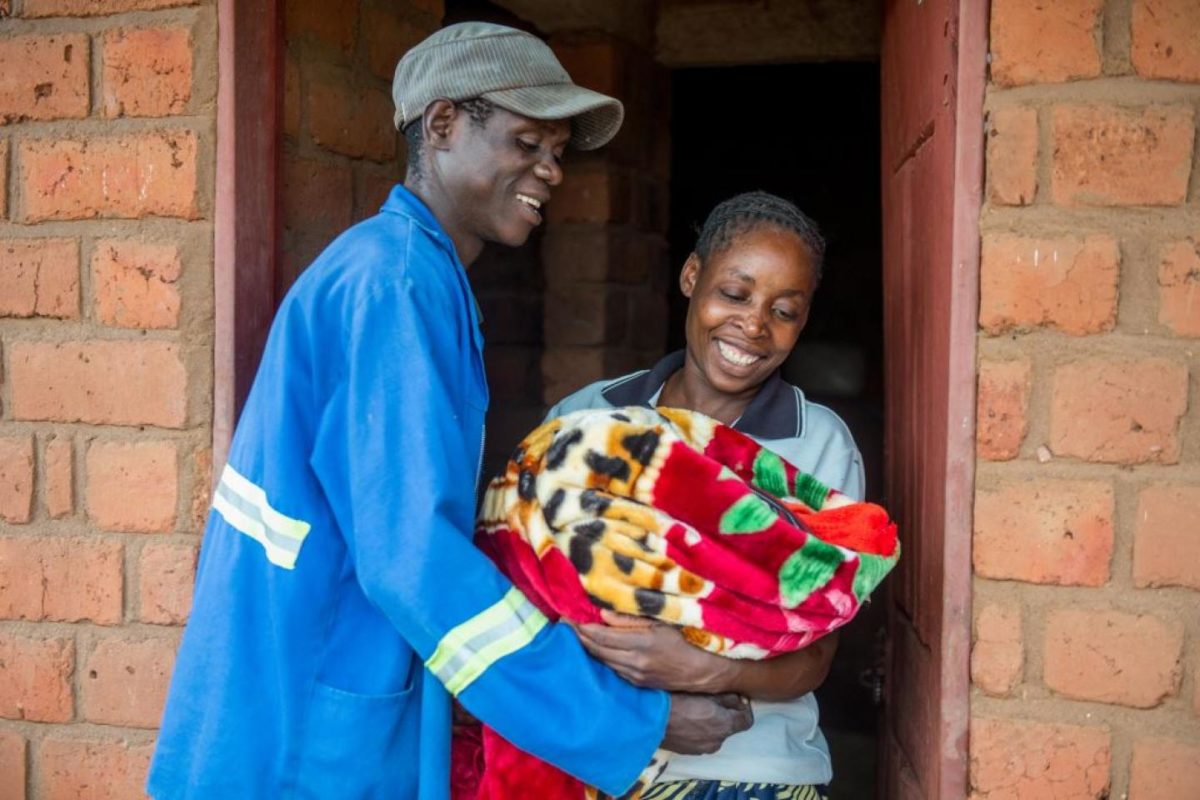Families Making Informed Fertility Decisions Together

Credit: Siakachoma via UNICEF
Sharing maternal health information with male partners in Zambia leads to decreased fertility rates, higher rates of marital satisfaction
Despite decreases over the past three decades, fertility rates in Zambia remain high, and fall among the top twenty countries in Africa (World Bank 2022). On average, Zambian women have more children than they desire (World Bank 2022) and calculations of the maternal mortality ratio suggest that 1 in 59 Zambian women die in childbirth (Zambian Central Statistical Office, 2014). While women and men typically jointly make decisions about how many children to have, men in the Zambian context often do not have the same information as women about the risks associated with childbearing, and similar to men in many other countries, do not generally accompany women partners into the labor ward. Understanding how information about maternal health risks is shared between male and female partners, if at all, can have important reproductive health implications in Zambia and beyond.
With funding from CEGA’s Behavioral Economics in Reproductive Health Initiative, Nava Ashraf (London School of Economics), CEGA affiliated professor Alessandra Voena (Stanford), and coauthors collaborated with two local clinics and their nurses as well as the Zambian Ministry of Health to test the impact of providing either wives or husbands information about family planning and maternal health risks associated with childbirth. The intervention led to reductions in fertility similar in magnitude to other research (e.g. Ashraf, Field and Lee, 2014), while also leading to greater reported marital satisfaction and communication in the household when men are the target of the information. Crucially, male partners’ beliefs about maternal risk factors only changed significantly when they received the information directly through the intervention, as opposed to hearing it second-hand from their wives.
These results have opened interesting new policy avenues, with the Director of Public Health and Research at the Ministry of Health in Zambia noting that the findings represent “an African solution” that takes cultural norms into account. This approach explored the importance of informing women and men directly about family planning and risks, as well as prioritizing family unity in household and policy decision-making.
The research team plans to disseminate findings and the communication modules designed in collaboration with Zambian nurses, with Zambian government partners, and reproductive health service providers like Planned Parenthood and Marie Stopes International, with the hopes of integrating and scaling this approach across family planning services in Zambia and elsewhere.



